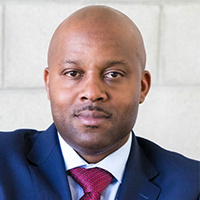Monrovia Misdemeanor Lawyer, California
Sponsored Law Firm
-
 x
x

Click For More Info:
-
Lessem, Newstat & Tooson, LLP
3450 Cahuenga Blvd W Unit 102 Los Angeles, CA 90068» view mapCriminal Defense Your Fight Is Our Fight.
Our team is ready to represent individuals in need of strong, aggressive personal injury or criminal defense as it pertains to one's mental health.
800-805-4781
Daniel Moaddel
✓ VERIFIEDDaniel Moaddel is a criminal defense attorney serving Los Angeles, California.
Anthony Tall
✓ VERIFIEDAnthony Tall is a practicing lawyer in the state of California. Attorney Tall received his J.D. from the Thomas Jefferson School of Law.
Andrew Marc Stein
✓ VERIFIEDAndrew M. Stein has been practicing law for over thirty years and has specialized in the area of criminal law and civil rights. He received his Bachel... (more)
Brian D. Lerner
FREE CONSULTATION
CONTACTSharon Paris Babakhan
FREE CONSULTATION
CONTACTFREE CONSULTATION
CONTACTFREE CONSULTATION
CONTACTFREE CONSULTATION
CONTACT J. Tooson Los Angeles, CA
J. Tooson Los Angeles, CA Practice AreasExpertise
Practice AreasExpertise




